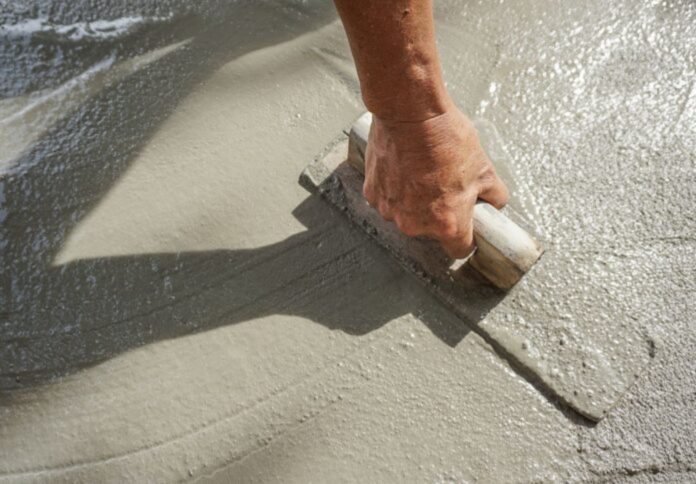With the rapid advancement of urbanisation and infrastructure development all over the world, the question of how to address the volume of waste produced by the construction industry has become a serious and pressing issue on a global scale.
Progress often comes hand-in-hand with environmental consequences and the current situation in Australia’s construction industry is no exception.
According to a report from the New South Wales Protection Authority, construction and demolition waste accounts for the largest proportion of waste generated, with 12.5 million tonnes in 2019-2020.
Fortunately, with organisations and the government driving the transition to a circular economy, the construction sector also accounts for the highest proportion of waste recycled, with 9.6 million tonnes.
In an exclusive interview with Australian Manufacturing, Andre Gobett, general manager and director for recycling at Australian construction materials company Boral, provided a peak of how the business is contributing to driving sustainability in the industry.
Construction materials from a circular economy
In an era where environmental consciousness is no longer an option but a necessity, companies like Boral seek to rewrite the narrative of construction as a notorious contributor to waste and pollution.
Boral has introduced its end-to-end Circular Materials Solution (CMS), a system designed to manage demolition and excavation waste materials for remanufacturing, returning them as recycled building products for more sustainable commercial outcomes.
As part of the process, the company leverages its network of 14 recycling facilities around the country to manage waste materials from demolition and excavation projects, such as concrete, excavation-sand, sandstone, RAP, and brick, diverting them from landfills.
These materials are then processed and remanufactured into recycled, low-carbon construction materials ready to be reintroduced back into the industry.
“Our CMS is one plank in our program of works to develop the circular economy in Australia and complements our work to use industrial waste by-products, such as recycled asphalt pavement, slag and fly-ash to produce lower carbon cement and concrete products, and our work to use waste-derived alternative fuels to replace fossil fuels in our manufacturing kilns,” Gobett said.
How does it work?
Boral’s CMS starts with early customer engagement, enabling customers to identify the materials that can be recycled at facilities, along with materials that can be used as part of Boral’s land rehabilitation program.
Throughout the whole process, Boral plays a proactive role, particularly in the pre-construction and construction phases, where it delivers detailed reporting on sustainable outcomes, recycling rates, carbon content material flows, and green credits or certification for customers.
Embracing new things for change
It is no secret that tradition runs deep in industrial sectors, particularly construction, with companies priding themselves on tried-and-true materials and time-honoured processes.
This is why it is no surprise that one of the key challenges faced by Boral in driving sustainability is the “natural conservativeness” of the construction industry to take up new things.
Gobett also pointed out the challenge of obtaining regulatory acceptance for recycled inclusion in the mixes used in construction, as well as the existence of smaller operators that might not fully respect all regulatory requirements.
“In addition, the planning and approvals process is too lengthy and cumbersome and can be a deterrent itself.”
“Despite this, we continue to grow the business by working hard to engage with our customers, regulators and partners within the construction industry and maintain strict processes that underpin the quality of our products and services,” Gobett added.
Convincing stakeholders to adopt new methodologies and materials demands not only technological advancements but also an openness to exploring uncharted territories for the sake of driving a greener, more sustainable future.
To learn more about the role of a circular economy in construction and Boral’s Circular Materials Solution, visit boral.com.au.


